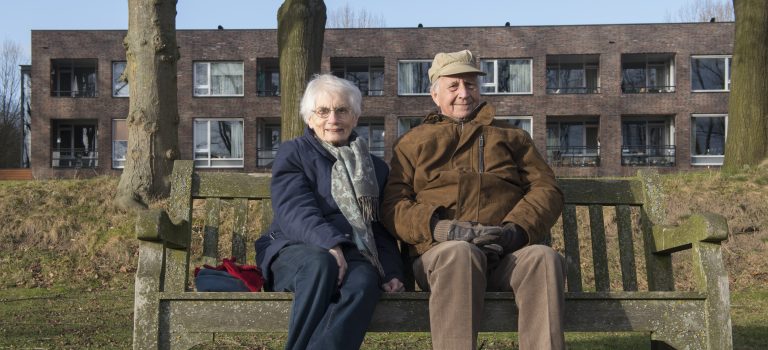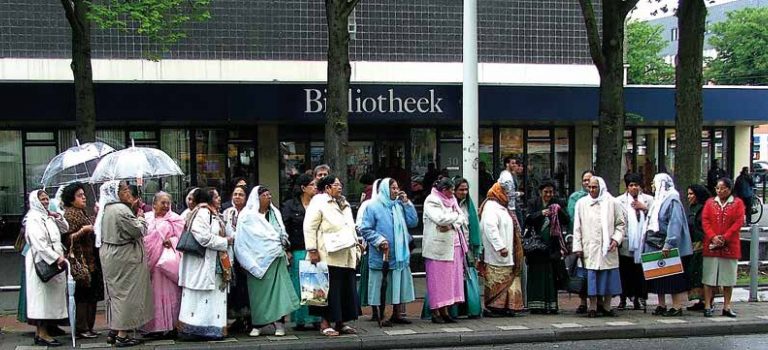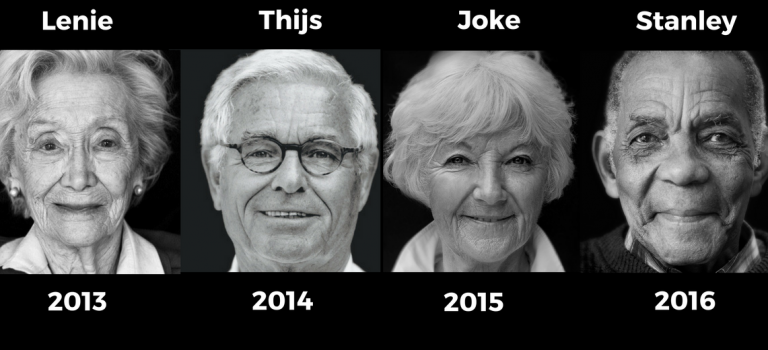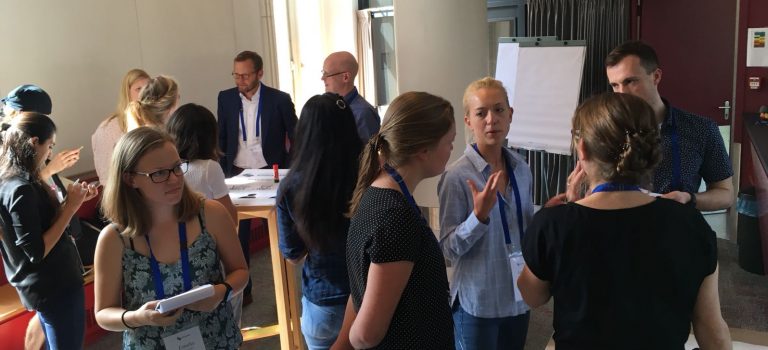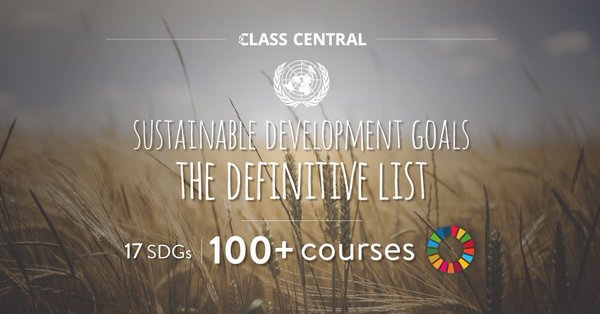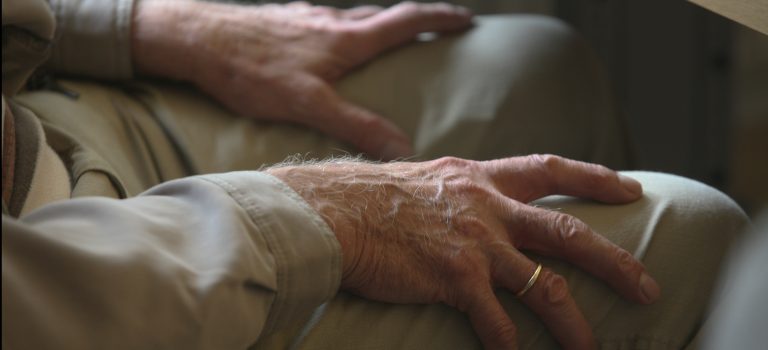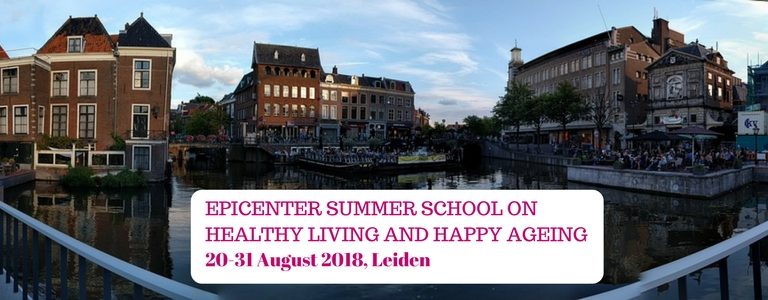Aegon Center for Longevity and Retirement (ACLR) is publishing a series of four whitepapers to broaden the view on retirement, beyond the traditional financial scope. The series is one of the results of the long-lasting cooperation between Aegon and Leyden Academy on Vitality and Ageing. The first whitepaper was released today and examines the question: Why do we retire?
Retirement is not simply a financial issue; it is a phase of life where people aspire to stay socially connected, participate in their communities, and remain economically active. Therefore, research areas that deal with the connection between retirement and important aspects of later life such as health, vitality, life satisfaction and the image of elderly can contribute to helping people prepare for retirement and their societal position and engagement after retirement. For this reason, ACLR has invited the researchers of Leyden Academy on Vitality and Ageing to help reflect on retirement from different academic angles, and inspire Aegon to encourage the debate on retirement beyond the economic aspects.
This first whitepaper ‘Why do we retire?’ explores the various wishes and ambitions that people have for retirement, based on the combined results of the surveys of Aegon Center for Longevity and Retirement and Leyden Academy. You can read the whitepaper on the Aegon website, accompanied by a personal reflection on the issue by Mike Mansfield, Program Director at ACLR.
In the three whitepapers that follow in 2019, we will further broaden the view on retirement from the perspectives of health and vitality, well-being and life satisfaction, and finally the image of retirement and retirees.
